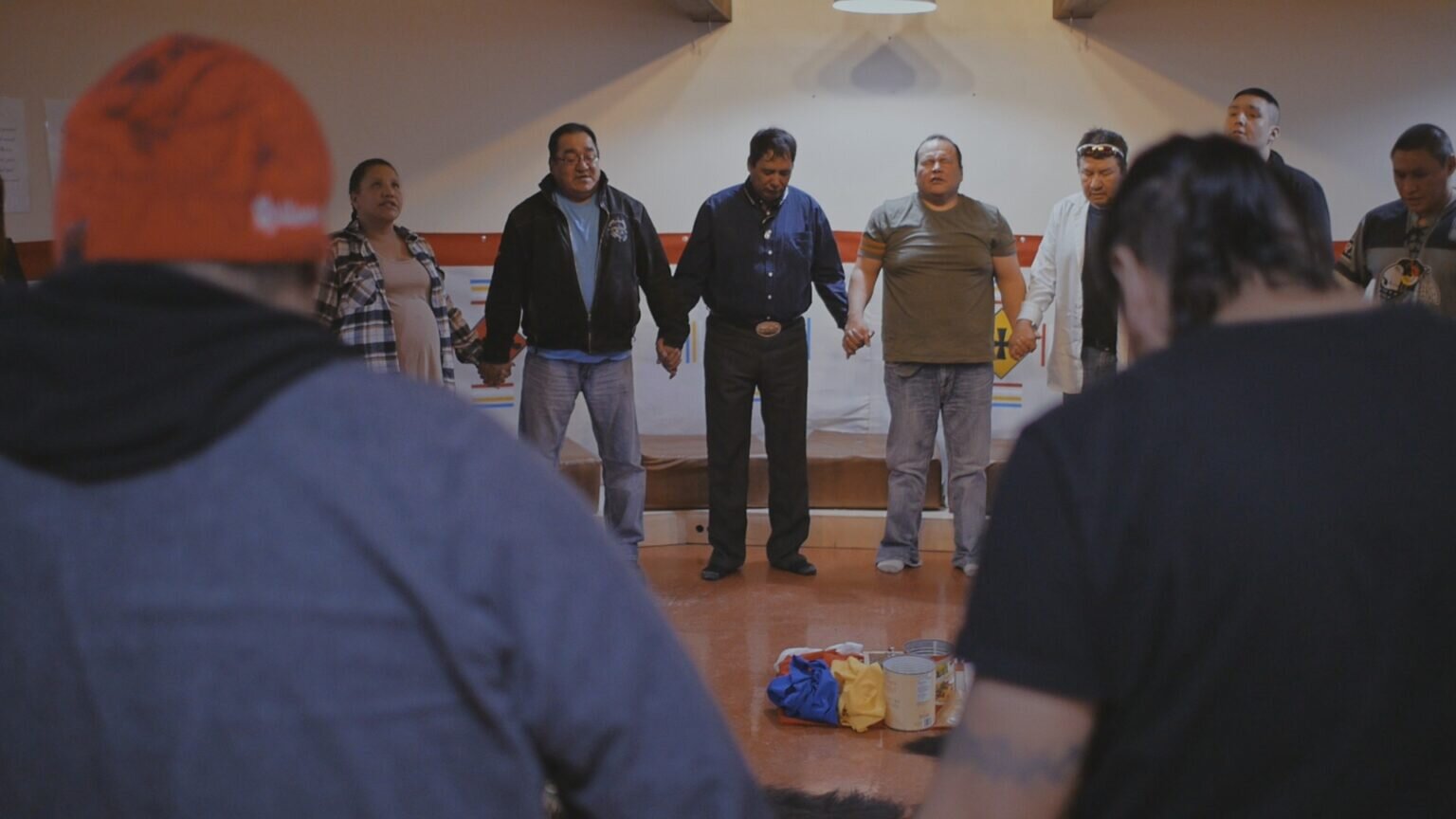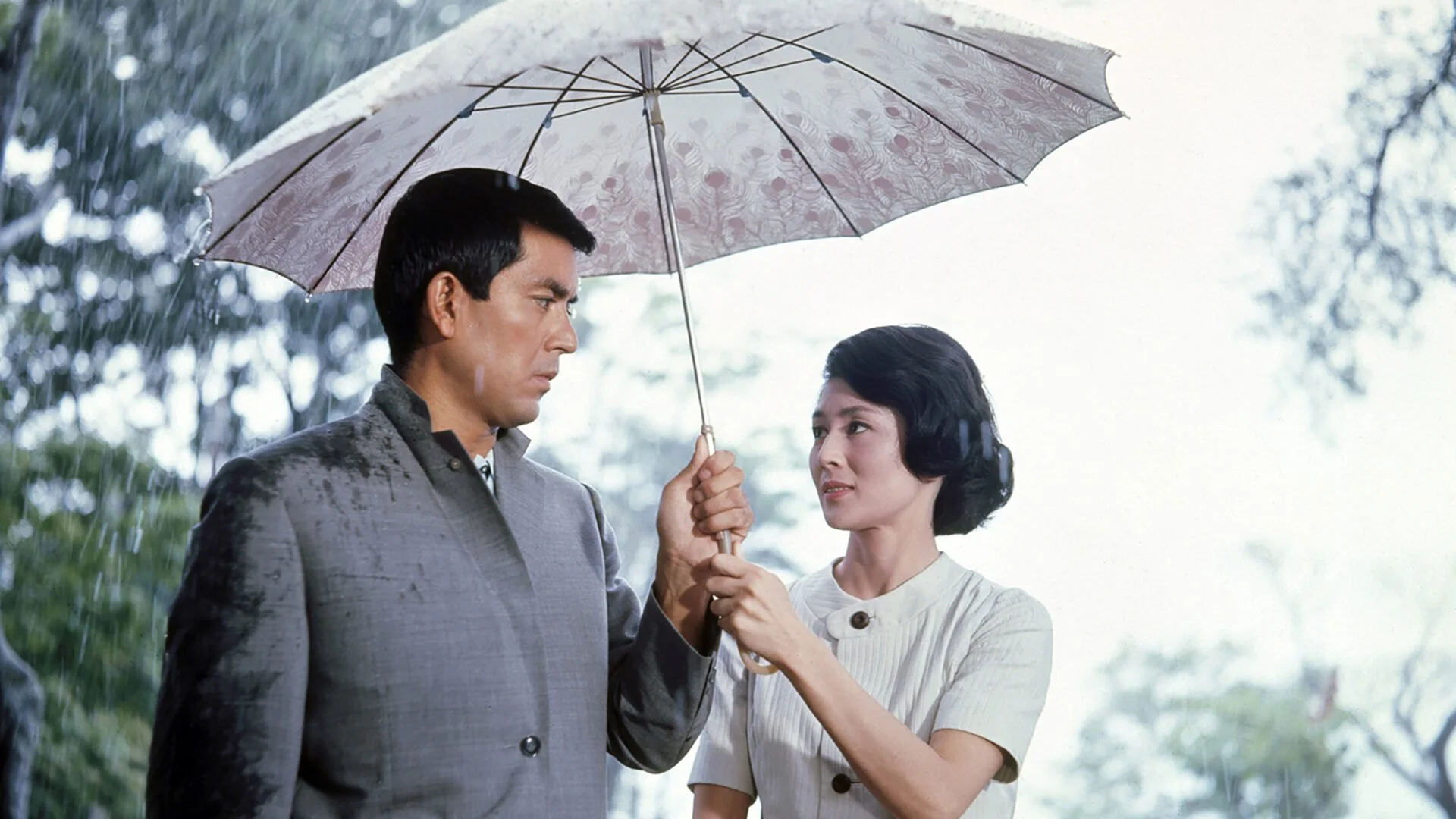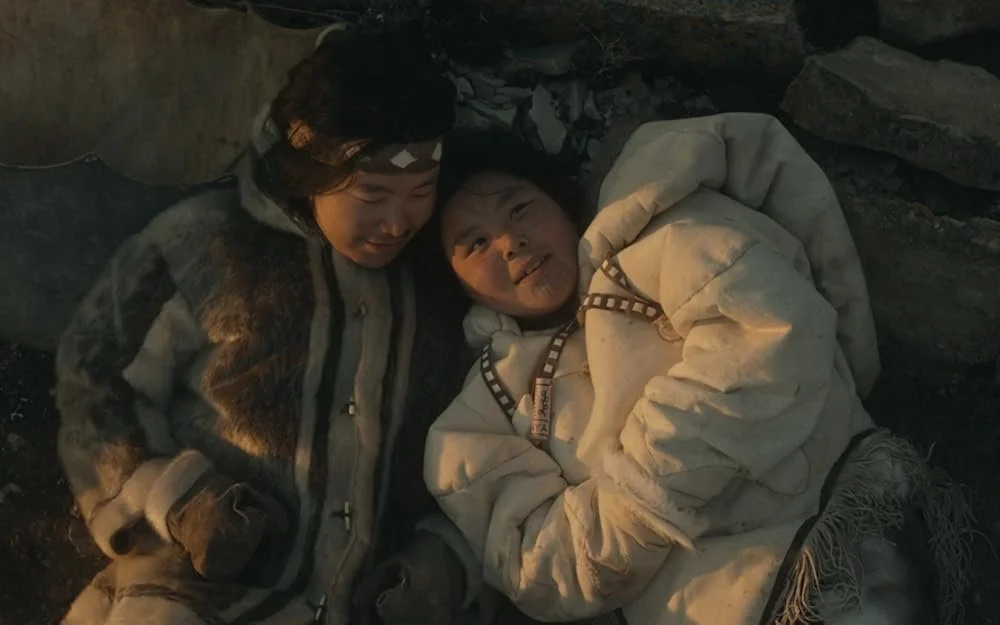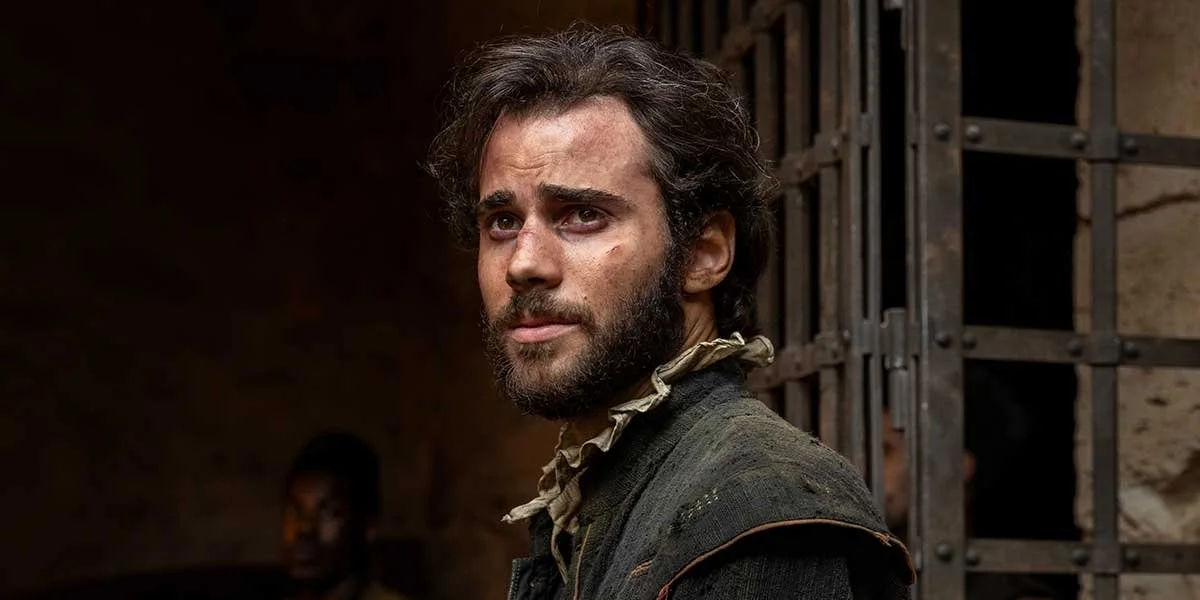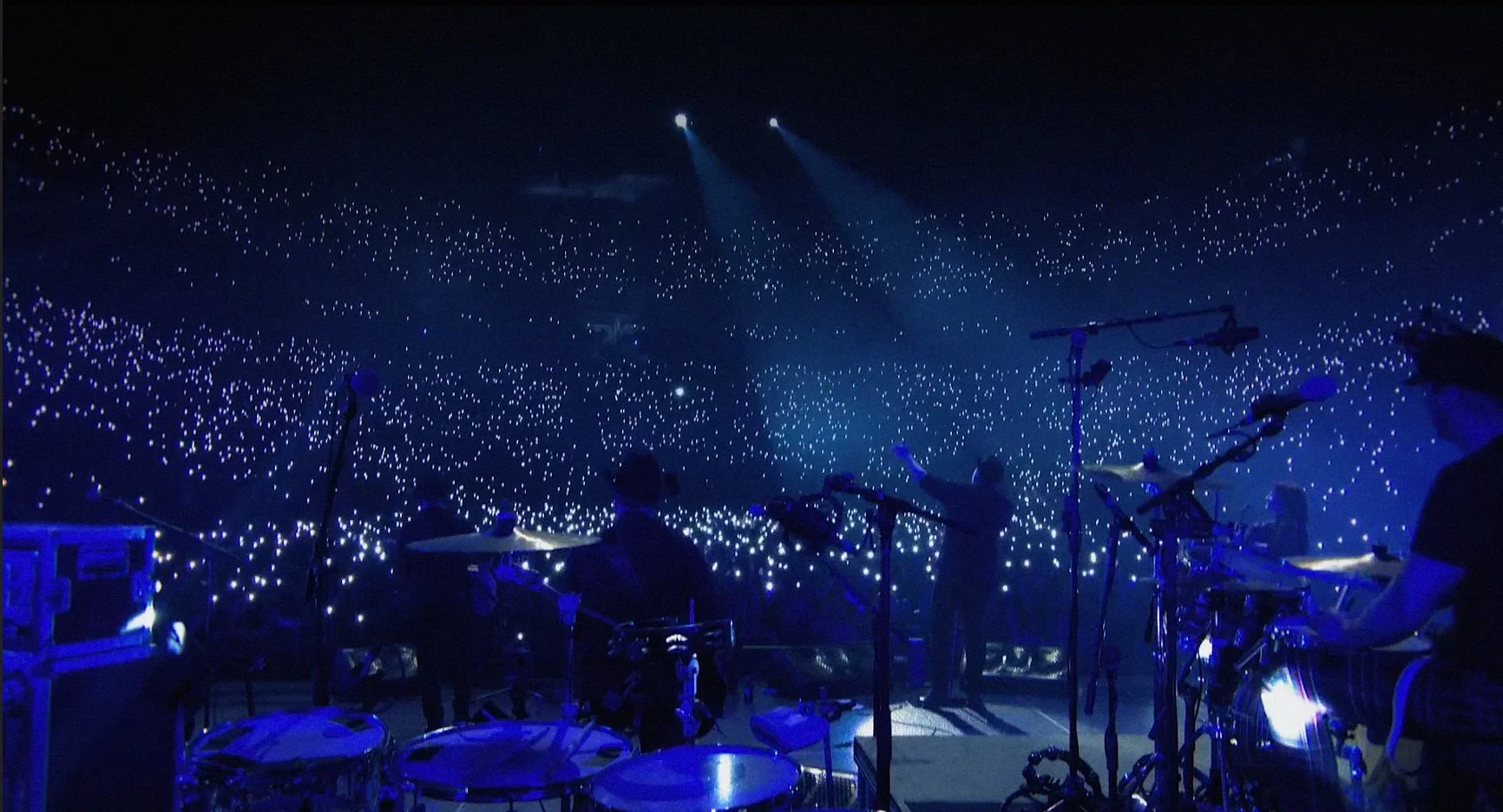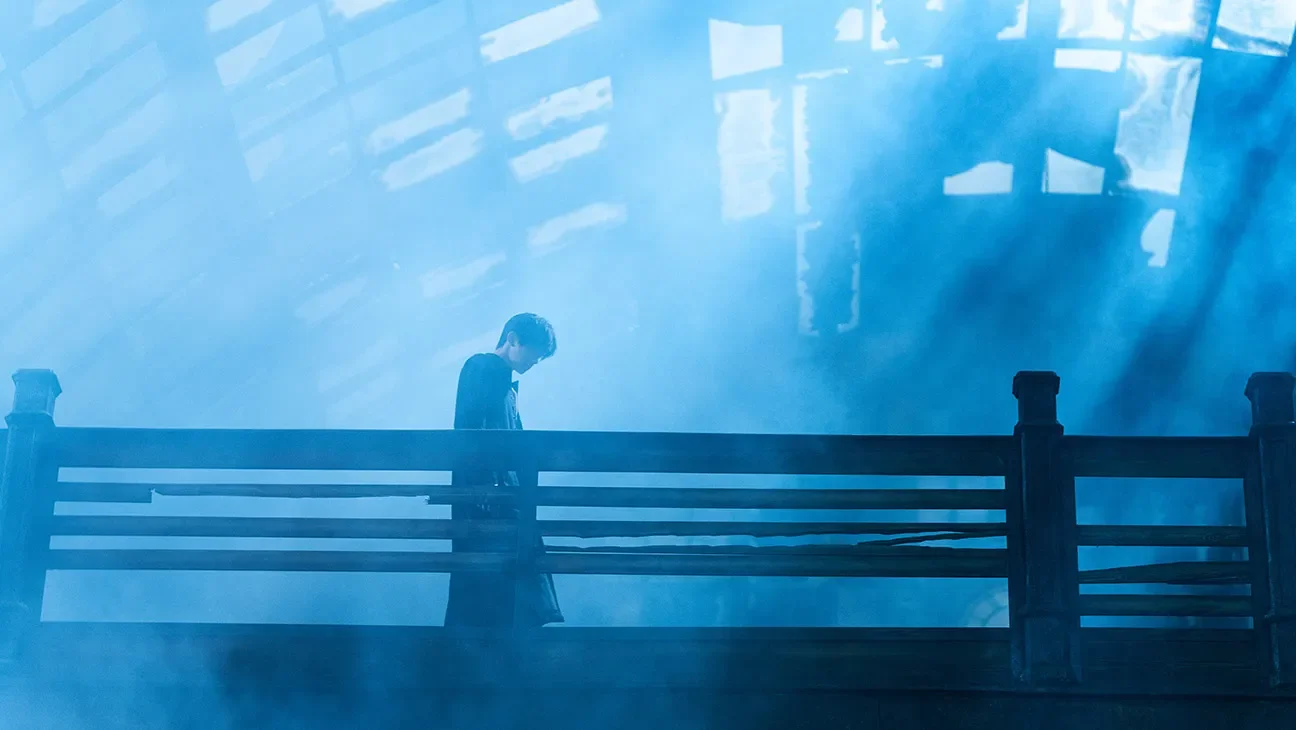Film review: Kímmapiiyipitssini: The Meaning of Empathy takes a compassionate eye to the fentanyl crisis
Filmmaker Elle-Máijá Tailfeathers shares stories of people from her homeland of the Blood Reserve in the new documentary streaming at DOXA
Kímmapiiyipitssini: The Meaning of Empathy.
Kímmapiiyipitssini: The Meaning of Empathy streams at DOXA Documentary Film Festival until May 16. A livestreamed Q&A with director Elle-Máijá Tailfeathers and special guests will take place on May 12 at 7 pm PDT. The film will have a special DOXA Drive-In screening at the PNE Amphitheatre on May 14 at 9 pm PDT.
VANCOUVERITES ARE MORE than familiar with the devastating impact the fentanyl crisis is having on so many individuals. With reports of overdose deaths being everyday news, however, the names and stories of people lost are often secondary to the stats that make the headlines. Those who survive to see another day, who are playing Russian roulette with their lives every time they use drugs, are largely invisible to the rest of the world.
In Kímmapiiyipitssini: The Meaning of Empathy, writer-director Elle-Máijá Tailfeathers puts faces to the opioid crisis. The NFB documentary introduces viewers to members of the Blood Reserve, or Kainai First Nation, one of four nations within the Blackfoot Confederacy tucked in the foothills of the Rocky Mountains in what is now known as Alberta. Set against the big sky and tall Prairie grasses, Kainai is the largest reserve in Canada.
Ever since 2014, fentanyl has flooded its illicit drug trade. Every single resident has been affected, whether through substance use themselves or the loss of someone they love; many kids are growing up without parents. This is all happening in a community already ravaged by the effects of alcohol; because the substance can’t be legally purchased there, many people resort to inhaling solid fumes or drinking hand sanitizer or hairspray, which cause their intestinal tracts to bleed.
Led by Tailfeathers’s mother, Esther Tailfeathers, a doctor, Kainai is trying to tackle addiction in new ways—approaches rooted in harm reduction that have been proven successful in Vancouver but that are impossible for many in the conservative province to accept, including residents of the neighbouring dry Mormon community of Cardston.
But as we see in the case of Leah—who has been using alcohol and solvents for 22 years as a way to cope with intergenerational trauma and so much grief, including that over the loss of her son to a drunk driver when he was in high school—and her homeless boyfriend, George, even those who desperately want to get well and seek treatment face absurd obstacles: to access services, these two have to hitchhike 30 kilometres to visit their addictions counsellor multiple times before getting a doctor to fill out medical forms; from there, they could go to a detox center, but most in Alberta have long waitlists.
We meet people like Mariah, who wants to go to high school in nearby Lethbridge to get away from the drugs in her community but who can’t get a spot.
Tailfeathers takes a gentle but informative approach to a complex, heartbreaking, infuriating situation that shows the disparity in the way Indigenous people and white settlers live. The film’s tone reflects the very spirit in which Kainai would like to treat addiction: with compassion. As Esther Tailfeathers explains, kímmapiiyipitssini is a Blackfoot word that means giving kindness to each other. This is community’s harm reduction.
Kímmapiiyipitssini is a necessary documentary that looks at substance use without judgment. Top on the list of those who should see it are members of the United Conservative Government of Alberta, which forced the permanent closure of the ARCHES Supervised Consumption Site in Lethbridge on August 31, 2020. The city has one of the highest death rates due to drugs in the entire country.


